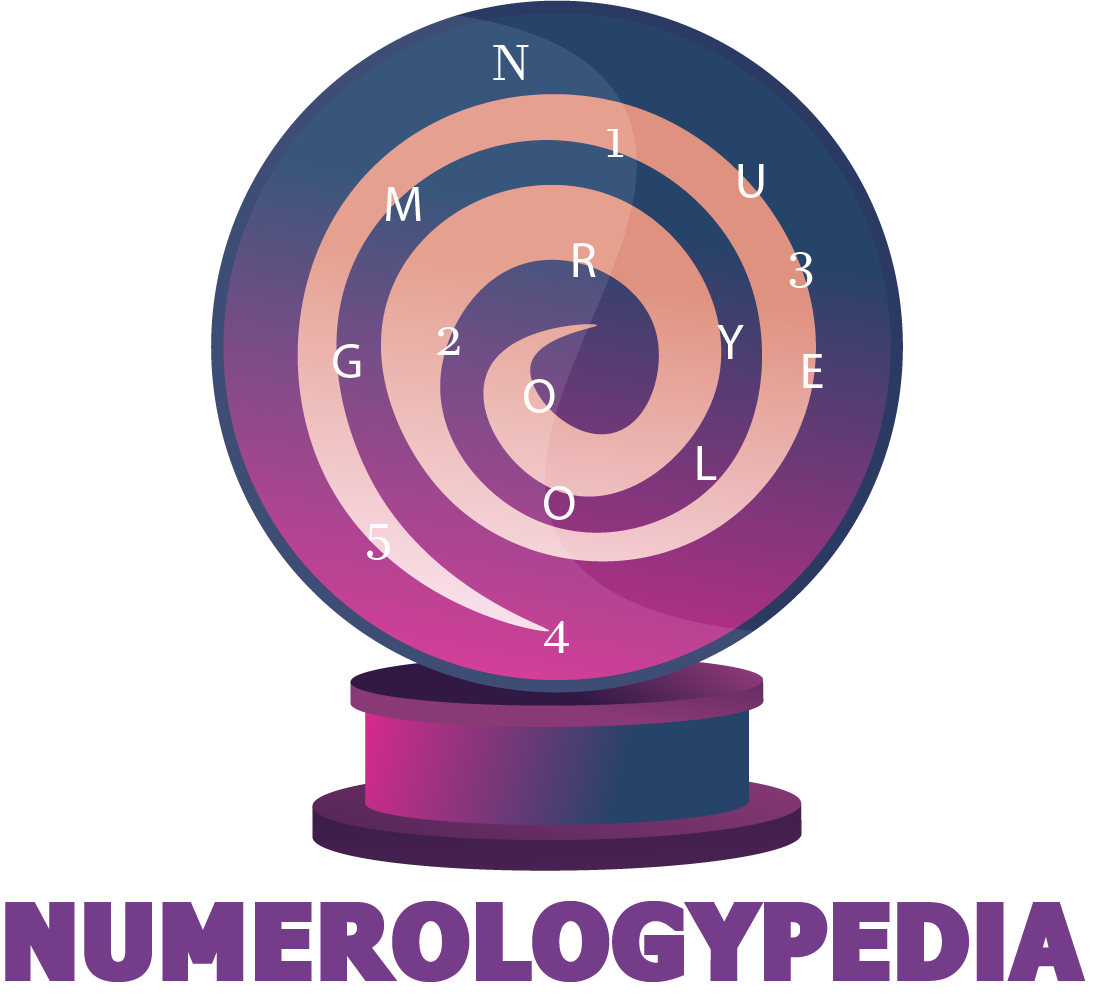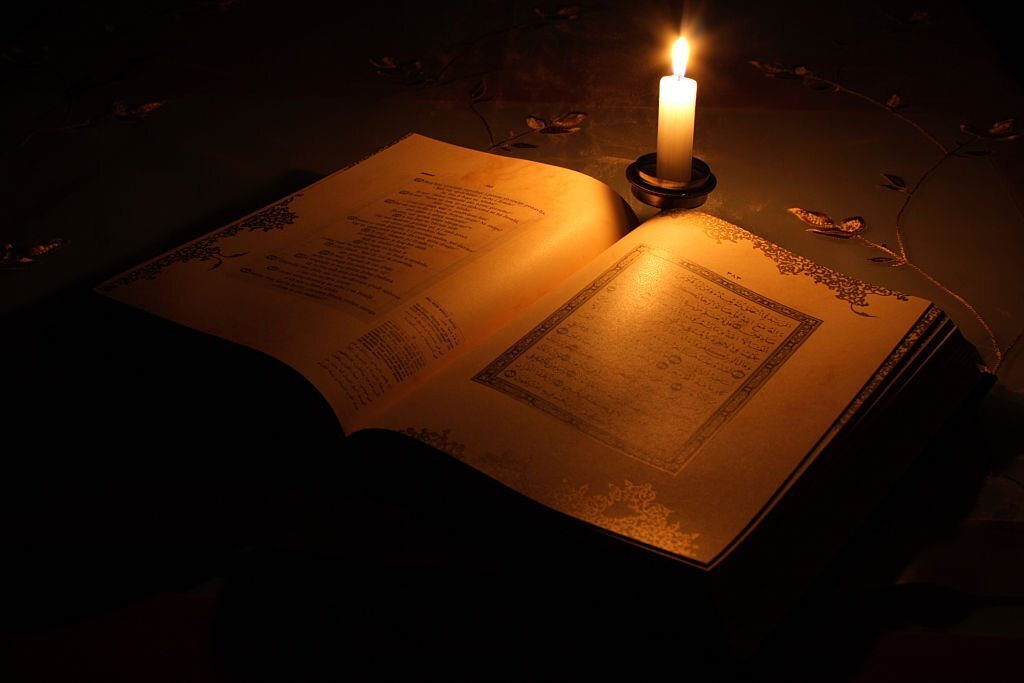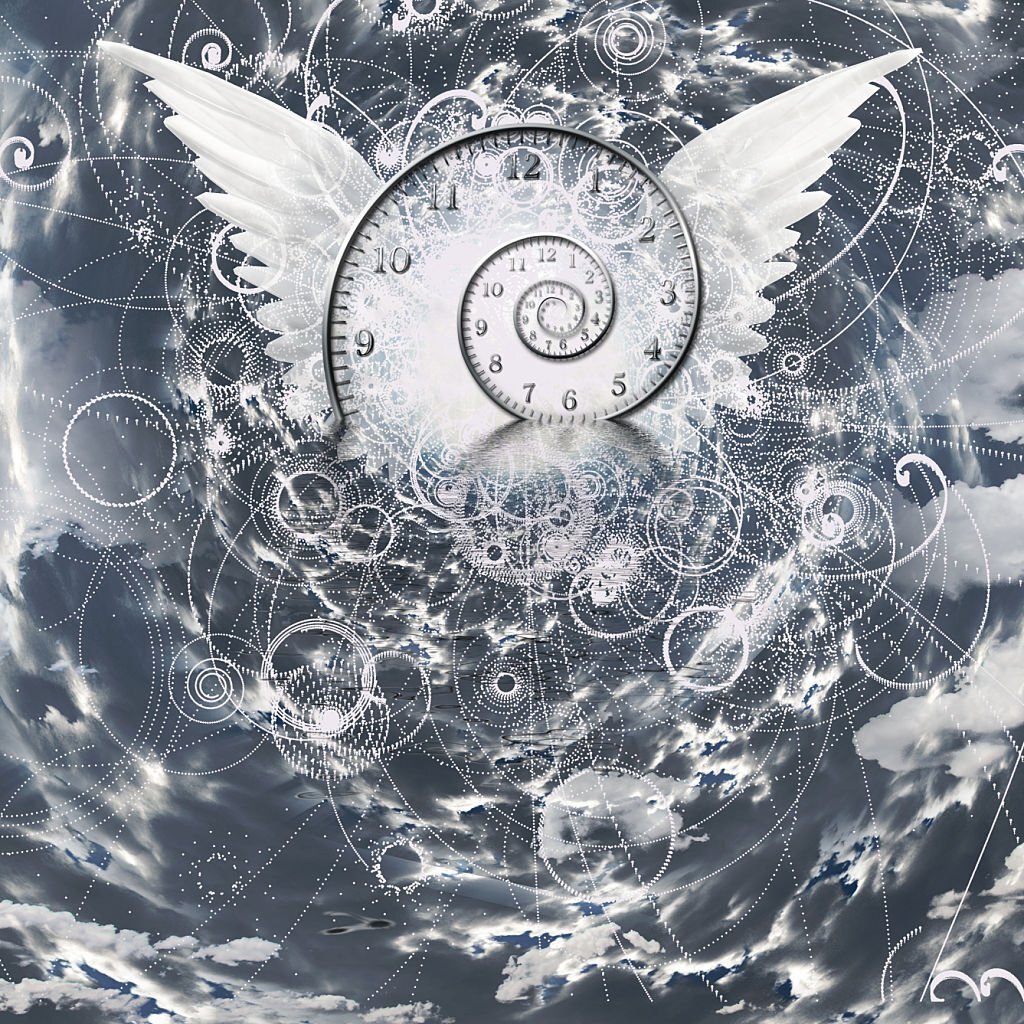Are angel numbers haram? Keep reading to find out!
Every religion has principles that guide them. While certain religion believes in numerology, some others don’t.
In most cultures and religions, angel numbers are interpreted as a string of numbers with unrealistic meanings.
If you’re a Muslim and keep seeing angel numbers, you’d probably want to know if it applies to your beliefs.
Are Angel Numbers Haram?
No law states that angel numbers are haram.
However, it may become haram used to determine the future.
It is the place of Allah to decide the fate of his people, and using angel numbers for this purpose almost seems like you are trying to replace Allah.
However, if you come from the perspective that angel numbers are a way Allah guides you, then it’s not haram if you attribute every occurrence to Allah that shows you recognize his supremacy.
Find all the information you require about angel numbers and their Islamic symbolism.
Continue reading to find out!
What Does The Quran Say About Angel Numbers?
Throughout the Quran, no place states or expresses Islamic belief in angel numbers.
Muslims are guided by the Holy Quran just as the Bible directs Christians.
According to Muhammad, “There is no person who receives a good dream but that it is from Allah by way of glad tidings, and this applies to everyone. And whoever sees an evil dream should seek refuge with Allah from its evil and then it will not harm him.”
In other words, Muhammad encourages Muslims to turn to Allah regardless of what happened to them.
This expresses their sole dependence on Allah.
Muslims also believe that Allah knows everything and sends them the signs and directions they need to excel.
Why, then, should they put their trust in angel numbers which could be a coincidence?
As a Muslim, you should only seek guidance and direction from Allah, not angel numbers.
However, the Islamic religion believes in angels; they think that every individual has at least 10 guardian angels.
What Are Angel Numbers
Angel numbers are believed to be signs from the universe and angels.
They are divine messages that are passed through numbers. These numbers appear in sequence, such as 1, 11, 111, 1111, etc.
Many people believe that seeing angel numbers is always something to rejoice about.
Angel number isn’t a generally accepted belief; religions such as Christianity and Islam aren’t strong believers in angel numbers.
These numbers are, however, believed to be very beneficial to those who key into it.
Here are some of its benefits;
Clarity
Angel numbers are believed to offer guidance to humans. There is an angel number for you if you seek clarity in any area of your life.
Angel number helps you make better and faster decisions.
Comfort
Angel numbers aren’t only beneficial to your physical needs and offer emotional support.
Seeing an angel number in distressing times could mean that your angel is trying to tell you that you are not alone.
New opportunity, a new chapter, progress
Have you been praying for and expecting a breakthrough?
Seeing an angel number could mean you’re about to be launched into a new phase of your life.
This new phase may come in progress, prosperity, increase, advancement, and so on.
Spiritual growth
Angels are spiritual beings and seek to connect to humans on a deeper level.
Angel numbers could be a call to a deeper spiritual walk.
Angels are believed to be very caring creatures.
They don’t want you to excel only physically and emotionally; they want you to have a balanced life which is why they keep sending signs to enhance your spiritual growth.
What Are the Haram of Islam?
Muslims also have rules and regulations; anything outside these is considered haram.
In Islam, the following acts are considered to be haram;
- Certain foods are considered haram in Islam; these include animals that weren’t slaughtered in the name of Allah. Carnivores and ruminants like donkeys, horses, and pork are also forbidden foods. The Islamic religion also emphasizes how the animal is treated before slaughter. If the animal is treated badly, that practice is also considered haram.
- Engaging in premarital sex as a Muslim is a major deal breaker. If a Muslim man proposes to a divorced or widowed woman during her iddah, it is also considered haram. It is likewise forbidden for a Muslim lady to wed a non-Muslim man.
- The Islam religion is very particular about children having an inheritance. Depriving your child or another relative of their inheritance is considered to be haram.
- Worshipping any other God asides, Allah is haram.
- Men are not allowed to wear gold adornment and silk; it is haram in the Islamic religion. Wearing clothes that reveal sensitive parts of the body is also considered to be haram. This applies to both males and females. Tattoos and plastic surgeries are considered haram In the Islamic religion.
What Does 786 Represent In Islam
Many people mistake the number 786 to represent an angel number in Islam.
The number 786 is the most common and frequently used in the Indian subcontinent.
This number isn’t an angel number but is considered a holy and lucky number in Islam.
It is the short form for the Arabic phrase “Bismillah al-Rahman al-Rahim,” which translates into “In the name of God, the Most Gracious, and the Most Merciful.”
This might make you wonder, “How does “Bismillah al-Rahman al-Rahim” shorten up to 786?
Based on the Arabic alphabet and its numeric values, the phrase “Bismillah al-Rahman al-Rahim” is broken down into alphabetic and arithmetic values.
The following numbers will be derived if the letters used in the phrase and the arithmetic values assigned are matched together.
Baa: 2
Seen: 60
Meem: 40
Alif: 1
Laam: 30
Laam: 30
Haa (Small): 5
Alif: 1
Laam: 30
Raa: 200
Haa (big): 8
Meem: 40
Noon: 50
Alif: 1
Laam: 30
Raa: 200
Haa (big): 8
Yaa: 10
Meem: 40
The above list contains Arabic alphabets and the numbers assigned to them.
If all these numeric values are summed up, the total would be 786. This would make a lot of sense to you now. This is how 786 is used as a shorter or numeric form of the phrase “Bismillah al-Rahman al-Rahim.”
Is Numerology Acceptable In Islam
Numerology is a belief that numbers have strong meanings.
Many people also believe that with numbers, you can get clarity in life. Numerology is also believed to signify that something good is about to happen.
However, is this belief system applicable to Islam?
As previously stated, anything that has to do with future predictions is unacceptable In the Islamic religion.
As Muslims, you have to be dependent on Allah. You have to believe that only Allah knows the future, and he alone can give answers to your uncertainties.
Thus, Muslims are forbidden to consult astrologers, future tellers, or numerologists.
Muslims have strong reasons backing up the fact that they don’t believe in numerology; here is some evidence;
- According to the Quran, “No soul knows what it will earn tomorrow…” (Luqman: 34). The Prophet (peace and blessings be upon him) said, “Do not associate with the astrologers. This is a warning to avoid astrologers; going against this is considered haram.
- As previously stated, using astrology or numerology to determine the future is unacceptable and attracts consequences. According to The Prophet (peace and blessings be upon him), cursed people who practice fortune-telling.
- According to Muslims, numerology has no logical rules and does not represent scientific facts. Using numerology to determine the time of the Last Day is completely unacceptable because it contradicts the clear meaning of Quran verses indicating that the time of the Hour is known only to Allah. “They ask thee of the (destined) Hour when it will come to part,” Almighty Allah says. Say: Only my Lord knows of it. He alone will make it manifest at the appropriate time. It is heavy in the heavens and the earth. It comes not to you save unawares. They question you as if you could be well informed thereof. Say: Knowledge thereof is with Allah only, but most of humanity knows not.” (Al-A’raf: 187)
Conclusion
Angel numbers are divine signs from angels; however, this belief doesn’t sit well with all religions, including Islam.
If an angel number predicts the future, it is considered haram.
The Islamic religion opposes anything related to numerology and is considered angel numbers haram.
Muslims are well-known for using the number 786, which many people mistake for angel numbers. They are not angel numbers but an abbreviation for the Arabic phrase “Bismillah al-Rahman al-Rahim.”











